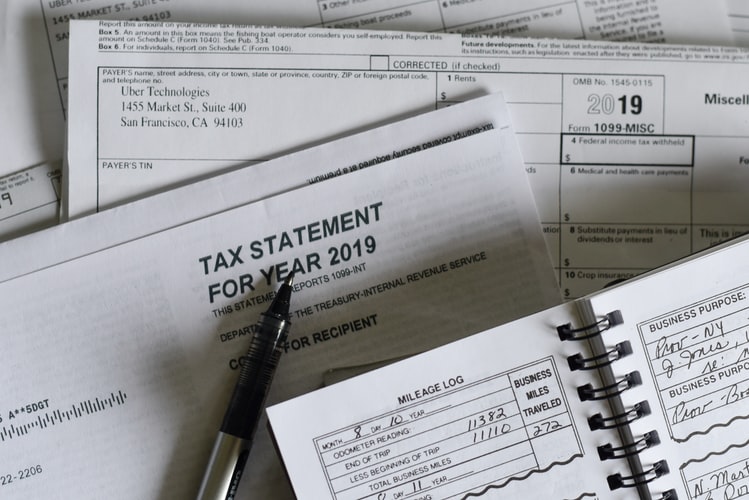
Washington D.C. – In a surprising move last month, the Internal Revenue Service (IRS) now allows people to be represented by third party Members who may not be attorneys. Is this effective or does it add to the chaos?
The IRS claims that the move will resolve federal tax filing complications amid the pandemic. Granting a third-party authorization allows another individual to represent members of the public in tax matters before the IRS. This authorization has to be in the form of a power of attorney (POA) using an IRS form Form 2848.
Reasons
Another key reason behind this move is to allow a designated third party to receive confidential tax information on your behalf in case of an emergency. This information can be received in any office of the IRS for the type of tax and years listed on Form 8821, Tax Information Authorization.
Authorizations regarding tax matters are recorded on the Centralized Authorization File (CAF). Additionally, the CAF ensures confidentiality, giving the IRS permission to speak to someone’s representative appointee.
CAF Units and Authorization Rules
Three CAF units process authorizations. In some cases, taxpayers may want to take back their power of attorney. This is called a “revocation.” The CAF processes revocations allowing taxpayers to mail or fax the IRS in order to revoke an existing power of attorney. The IRS has additional information on revocations.

So, what can a third party representative do?
A power of attorney allows the third party to represent you before the IRS. This third party doesn’t have to be an attorney. An authorized representative can be an individual, an entity, an association, etc. The authorized representative can advocate, negotiate, and even sign documents on your behalf. Moreover, it’s not required to explain to the IRS your relationship with the entity.
Despite not being attorneys, third party representatives can argue facts and apply the law in their arguments. With this change, is this the most efficient process for both the IRS and taxpayers?
Tax Information Authorizations
These authorized parties have what is called a Tax Information Authorization (TIA). A TIA allows your appointee to inspect or receive any confidential information pertaining to tax matters on your behalf. There are many different kinds of TIAs.
As with most things IRS, you have to get the right form. The Form 8821, Tax Information Authorization, has the same authority as the Oral Tax Information Authorization. This means that your appointee is allowed to receive both verbal and written confidential information pertaining to your tax matters. These authorizations cover any tax issues that may arise.
The real issue is, how secure is this whole regulation? Will taxpayer data be compromised?
Thumbnail Credit: Olga DeLawrence/Unsplash (images may be subject to copyright)
Afia is a lawyer, journalist, an avid traveler, an avid reader, a foodie, and an amateur singer. She enjoys instrumental music with her glass of wine ?






